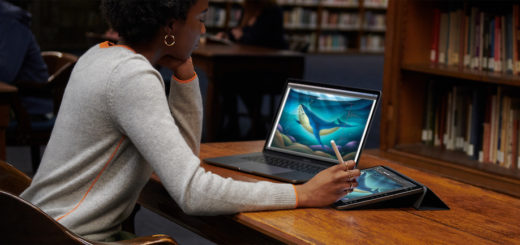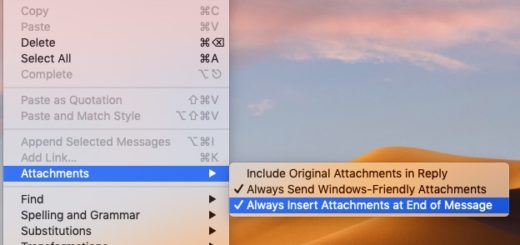Security bugs in Apple: How to protect your device

Many thanks to Hanna Alicé/Flickr
There is a belief that Apple devices are more secure than their Windows counterparts. While Windows devices do get hacked more often, some argue that this is more an example of scale than any real safety advantage for Apple devices.
In fact, some cybersecurity experts argue Apple users are more vulnerable to hackers because they are less trained to be vigilant against digital threats. Fortunately, whether you use Mac, Windows, Android, or any other platform, there are a few easy things you can start doing now to radically improve your security.
What’s Wrong With Apple’s Security
Over the last few months, security researchers have discovered 50+ security flaws in Apple services. Let that sink in for a moment. This means you don’t even have to be an iPhone or Mac user to be impacted. Maybe you just take advantage of free iCloud storage or enjoy Apple Music.
But that’s not all. New Apple threats come out all the time that put users at risk. Whether it’s Trojan, Browser Hijackers, or anything else, it poses a very real risk that Apple users must start taking seriously.
How to Improve the Security of Your Apple Devices
It’s quite easy to stop hackers in their tracks. Here a few tried and tested methods that will immensely reduce your risk of becoming a victim.
1. Use a VPN
VPNs are extremely powerful internet security tools. What is a VPN? A VPN (or a virtual private network) anonymizes your IP address and encrypts your internet connection. The result is a much safer and more private online experience.
Whether you are emailing your friends, chatting on social media, online shopping, or anything else, they are vital tools for keeping hackers along with other snoops like advertisers out of your personal business.
Best of all, VPNs are available not only on macOS and iPhone but all devices, so start using one anytime you’re online! You can read more about vpn here: https://nordvpn.com/what-is-a-vpn/.
2. Get Serious About Updates
Apple is generally quite good at catching security vulnerabilities. In fact, the 50+ flaws discussed above were part of their bounty program. That means Apple pays ethical hackers to try to find weaknesses.
When they do, Apple quickly issues software updates to protect their users since it’s possible bad actors may already be exploiting these vulnerabilities.
All you do is update your software to be much safer. You can’t just rely on auto-updates either. If yours aren’t scheduled or only happen infrequently, you may be missing something vital. Do yourself a favor and get in the habit of checking once daily on your Apple devices.
It only takes a few seconds and can greatly improve your safety.
3. Watch What You Click
A large percentage of malware is delivered via email. Usually, hackers pretend to be a known associate or a trusted company to convince people to download or click on infected files.
While this threat most often affects Windows users, this can also happen to Mac users. That’s why you should never download or click on any links from anybody you haven’t verified. Better yet, use file scanners to check the contents of the file to ensure they are safe first.
Finally, be on your guard even on the web. Hackers also create imitation versions of real websites to trick users and harvest their credentials. Always verify you’re on the real version of your site before putting any information in.
4. Improve Your Password Security
We all know how important strong passwords are. But many of us are still guilty of recycling them! Don’t. Nowhere is this truer than your Apple password.
With it, somebody can access your iCloud to see all your photos and videos and even track your location. They can also charge your account and still your personal information.
That’s why you must use unique and complex passwords for all your accounts—but especially for Apple. And don’t forget to turn on additional security tools like two-factor authentication, FaceID, and secure pin codes.
5. Get Antivirus Software
For years, Apple users thought they didn’t need antivirus software. This never made sense in the past, and it especially doesn’t now since more people than ever use Apple products.
Antivirus software scans for malware and viruses and can track a wide range of threats like browser hijackers, trojans, and more.
And like VPNs, it’s the perfect example of a “set it and forget it” technology. Just turn it on to run always in the background.
Keep Your Apple Devices Safe
If you thought hackers couldn’t touch you because you use an Apple product, then you thought wrong. Fortunately, it’s easy to outfox cybercriminals. Start following these strategies now.




